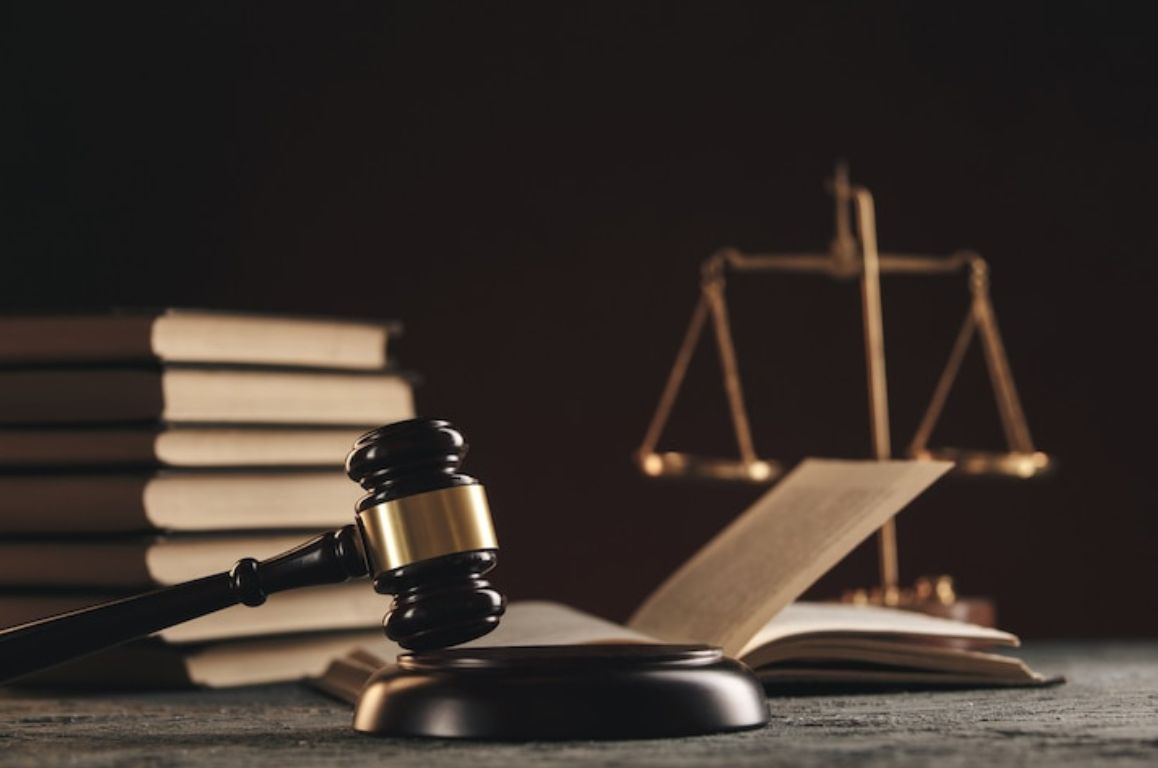Comprehensive Legal Analysis of Supriya Chakraborty Vs. Union of India (AIR 2023 SC 5283) | Pahuja Law Academy

- On November 14th, 2022, a significant legal development occurred in India when two same-sex couples filed writ petitions in the Supreme Court. Their petitions addressed the constitutionality of Section 4(c) of the Special Marriage Act, 1954, which limits marriage to a 'male' and a 'female'.
- The petitioners argued that this restriction discriminates against same-sex couples, depriving them of essential matrimonial benefits and violating fundamental rights enshrined under Articles 14, 15, 19, 21, and 25 of the Constitution. They sought to have Section 4(c) declared unconstitutional, aligning with other petitions challenging various personal laws on similar grounds.
- On November 25th, 2022, the Supreme Court issued an Order directing the Union to respond to the petitions, initiating a legal discussion on the recognition of same-sex marriages in India. Similar petitions are pending before the Delhi and Kerala High Courts, reflecting a growing momentum towards recognizing the rights of the LGBTQ+ community. A request was made to transfer analogous petitions from the Delhi and Kerala High Courts to the Supreme Court. The Bench agreed to consolidate the petitions.
- The case was referred to a 5-Judge Constitution Bench, scheduled to commence hearings on April 18th, 2023.
The petitioners argued that the exclusion of couples from sexual and gender minority communities from marriage laws violated fundamental rights, particularly highlighting issues with the notice and objection provisions in the Special Marriage Act and Foreign Marriage Act. They maintained their entitlement to seek recourse from the court under Article 32 of the Indian Constitution, which empowers the Supreme Court to safeguard fundamental rights.
- Citing Article 14 of the Indian Constitution, the petitioners emphasized the Supreme Court’s assertion that laws infringing upon individual’s autonomy regarding sexual orientation and gender identity are arbitrary. They further cited doctrine of substantive equality, advocating for equal protection for unconventional family structures, including those from sexual and gender minority communities.
- Referencing prior Supreme Court decisions like NLSA v. UOI, Puttaswamy v. UOI, and Navtej Singh Johar v. UOI the petitioners aimed to extend marital and familial rights to these communities under diverse constitutional provisions.



-->

